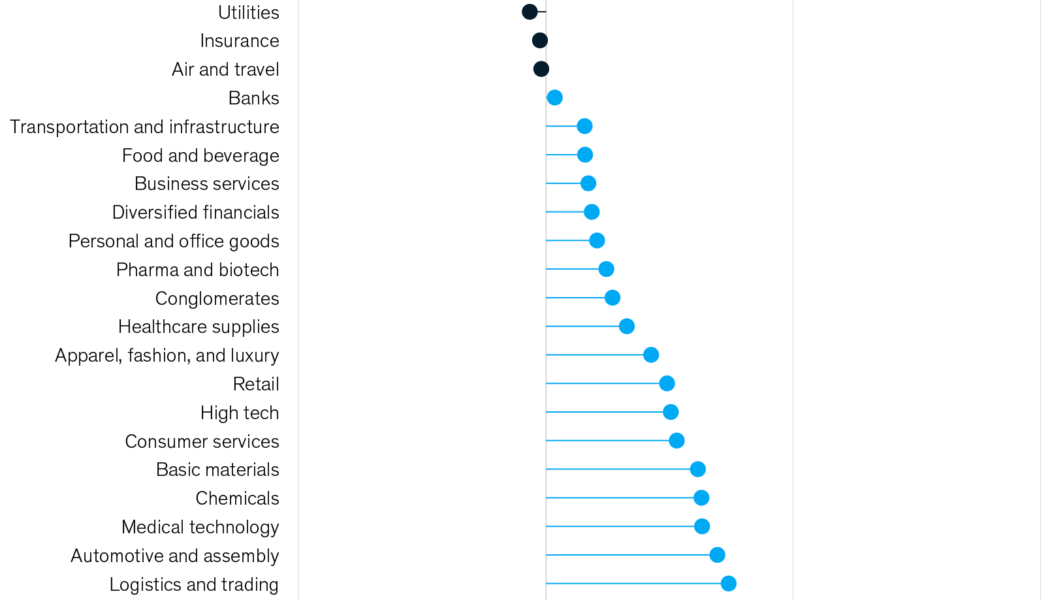African Cloud Computing
The Most Striking Findings Coming Out of COVID-Driven Cloud Adoption
We use cookies on our website to give you the most relevant experience by remembering your preferences and repeat visits. By clicking “Accept All”, you consent to the use of ALL the cookies. However, you may visit “Cookie Settings” to provide a controlled consent. You Deserve to Make Money Even When you are looking for Dates Online. So we reimagined what a dating should be. It begins with giving you back power. Get to meet Beautiful people, chat and make money in the process. Earn rewards by chatting, sharing photos, blogging and help give users back their fair share of Internet revenue.
What does a Cloud-Connected Africa look like?
Sourced from ZDNet. With a region as large and as vast as Africa, it is difficult to imagine a fully connected continent where every individual across all demographics and every business across all sectors can harness the power of cloud computing. Yet as technology continues to drastically change how we conduct our lives and connect with the world around us, this notion of a cloud-connected Africa becomes far more plausible and realistic. In fact, many of us are already utilising cloud-enabled technologies on a daily basis. From cloud-based productivity apps to collaboration services like Microsoft Teams, the cloud is seamlessly integrating into our everyday lives. A future where a healthy cloud ecosystem is supported by integrated and innovative technologies is much closer than we t...









